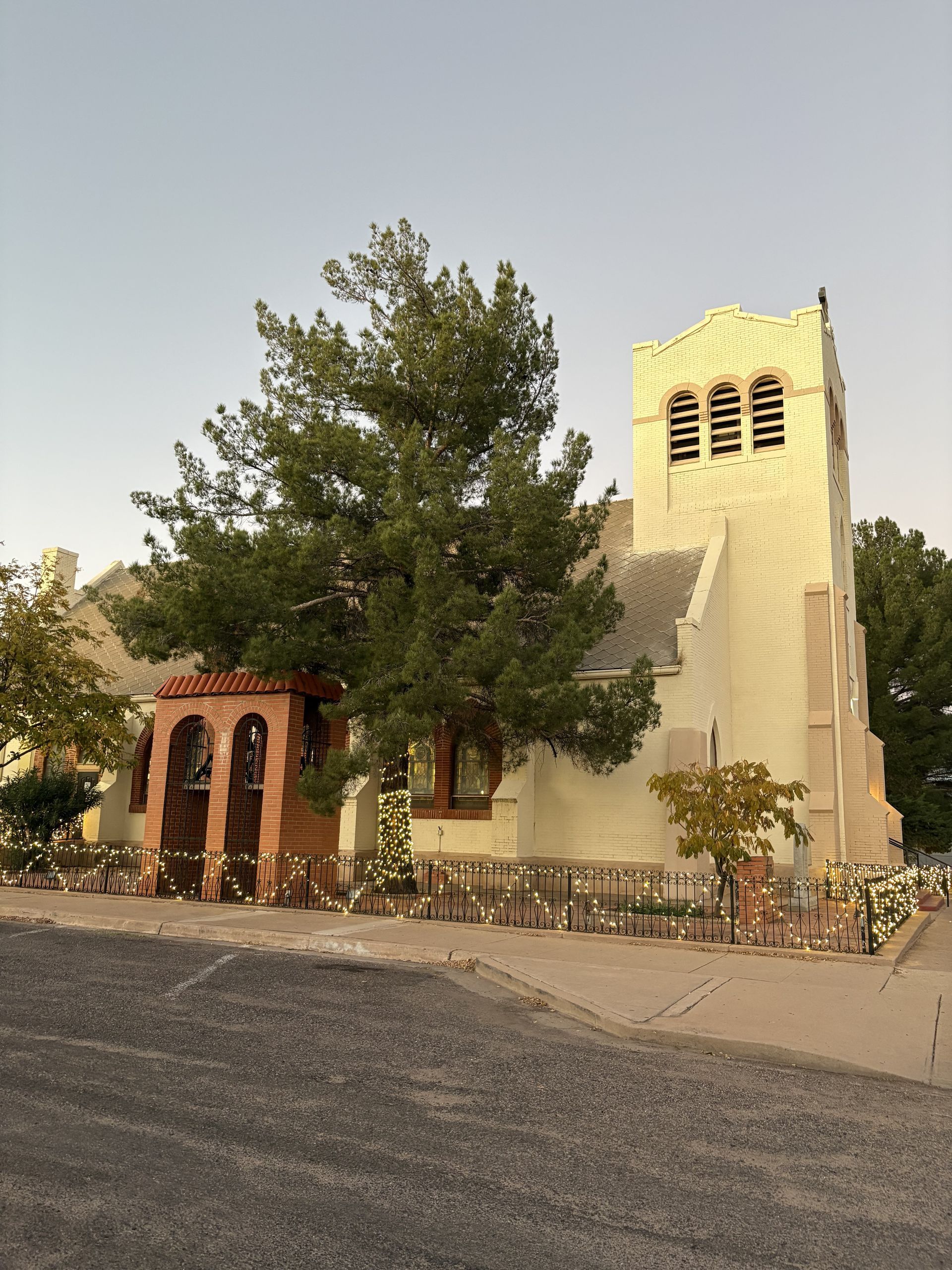"But now, we must celebrate and rejoice because your brother was dead and has come to life again; he was lost and has been found" (Luke 15: 32)

At a time of prayer, mourning and remembrance, we take to heart the deeply moving, perplexing, and almost unreal story of Jesus echoed by the evangelist Luke in the parable of the prodigal son (the greatest short story ever told) along with the double parable of the lost coin and the lost sheep, which tells us that God’s response to violence of all sorts is mercy and compassion. These three parables present the lost (sinner who repents) and found (came back and welcomed), the exciting and joyful announcement of the discovery to the neighbors, the rejoicing itself, and the communal celebration afterwards. Indescribable Joy, after the laborious search, is the central theme of these three parables which reflect Jesus’ life and ministry.
The parable of the lost sheep is a story of a shepherd who has a hundred sheep. After losing one, he gets up and goes after the lost sheep until he finds it. The parable of the lost coin (drachma) is a story of a destitute woman who has ten coins (drachmas) and after losing just (insignificant) one, sweeps the floor, goes in search of the lost drachma until she finds it. This woman's house possibly has no AC, lights and had to use flash tlight or candle and has to sweep the floor in the dark. Both had the same reaction after the surprising discovery and said, rejoice with me for I have found my long lost twenty-five cents and one sheep. Let’s go buy some ice cream which costs more than what they’ve found. For them, one sheep and one drachma are so precious and had sentimental value that they went out of their way to search for the lost and didn’t stop until they found them. This is who we are in the eyes of God. We are not worth much and valuable but significant and loved. The shepherd and the woman take the initiative and not the coin nor the sheep.
The double parable serves as an introduction to the unimaginable story of the prodigal son which has been completely illustrated in detail. Cultural discrepancies lead us to think that this is an unbelievable episode. When the younger son demanded a share of the inheritance, it was like saying, he wanted his dad dead or treated him like he was already dead. To do so was a complete and utter disrespect. No one in the family would have allowed such a gesture. And yet, he didn’t say anything. He tolerated his son’s rebellion. From here, things just went downhill. He spent the money on loose living and not for business ventures nor investment. He squandered and spent all his inheritance in a life of dissipation. He enjoyed life with all its pleasures. He got broke and in a total mess. His friends avoided him and none of them dared to talk to him anymore. He hired himself and worked for a local citizen (gentile) to tend swine and worse, ate pods. This is now the part when he hit rock bottom. Dying of hunger, he started to realize his miserable state. Coming to his senses, he thought his father’s hired servants are better off than him. He said, I shall get up and go to my father and work as one of the servants. He even went to say, “I have sinned against heaven and against you. I no longer deserve to be called your son; treat me as you would treat one of your hired workers”. And so, he did. While still a long way off, his father caught sight of him. The father appeared to be waiting for him all the while. He was moved into the very depths of his heart. He was struck in his gut. He ran to his son, embraced him, and kissed him. Before he could open his mouth and say the first word of his well prepared and rehearsed speech, his father said, nevermind. There is no need for explanation. Let’s just say nothing happened. The father ordered his servants to bring the tailored suit and tie, ring on his finger and dressed shoes on his feet. And celebrated a great feast with a fattened calf “for this son of mine was dead and has come to life again; he was lost and has been found”. The love of the father knows no bounds.
The way the elder son reacted after knowing that the younger (prodigal) son is back, and the father celebrating his homecoming, appears to be a huge scandal for him. I don’t blame him at all. He was right. He played by the rules. He followed all instructions. What made him angry and bitter was that the younger son was received immediately and forgiven unconditionally. He was not even asked to make any restitution at all. No reparation was necessary which was not fair and just by any human standard. In the scheme of things, he had to pay the damaged done and shame inflicted to the family. Not only was he received like nothing wrong happened, but his father also celebrated and threw a feast for him like he had an exceptional performance at school. The father told the elder son, “We had to celebrate and rejoice, because this brother of yours was dead and has come to life; he was lost and has been found”. One thing is clear. At the start, the story seemed unrealistic and but no, we’ve seen this extraordinary love before and whenever it does, the kingdom of God breaks upon us.



